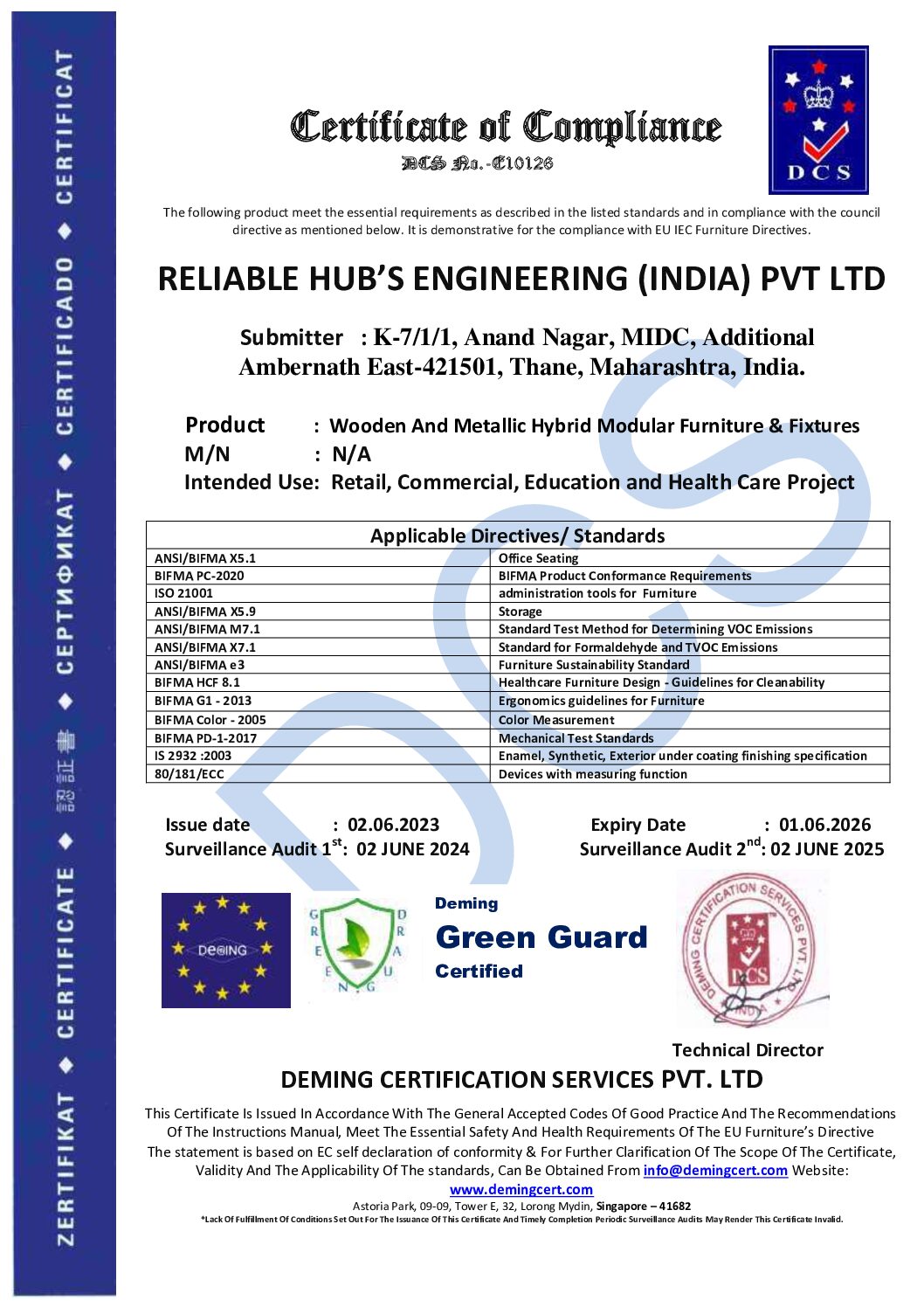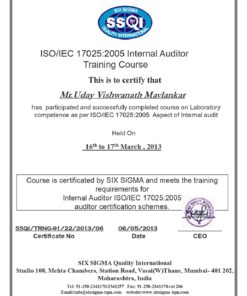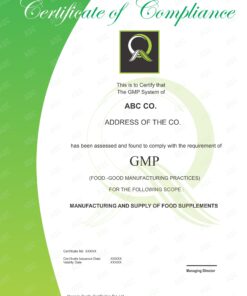Sale!
Trade Mark & Copy Right
Original price was: ₹15,000.00.₹10,000.00Current price is: ₹10,000.00.
Trademarks and copyrights are two types of intellectual property rights that protect different kinds of creations. Here’s a breakdown of each:
### Trademark
**What it protects:**
A trademark protects words, names, symbols, or logos that identify and distinguish goods or services from those of others.
**Purpose:**
To prevent consumer confusion by ensuring that products or services with similar trademarks don’t confuse the public about their source or quality.
**Duration:**
Trademarks can last indefinitely as long as they are actively used in commerce and renewal fees are paid.
**Registration:**
While registration is not mandatory (common law trademarks exist without registration), registering a trademark with the appropriate governmental body (like the U.S. Patent and Trademark Office in the U.S.) provides additional legal benefits and protections.
### Copyright
**What it protects:**
Copyright protects original works of authorship, such as books, music, films, art, and software.
**Purpose:**
To give creators the exclusive right to reproduce, distribute, perform, display, or license their works, and to prevent others from doing the same without permission.
**Duration:**
Copyright protection typically lasts for the life of the author plus an additional 70 years. For works created by corporations, the duration is 95 years from publication or 120 years from creation, whichever is shorter.
**Registration:**
Copyright protection is automatic upon the creation of the work in a tangible form. However, registering a copyright with the appropriate governmental body (like the U.S. Copyright Office in the U.S.) provides additional legal benefits, such as the ability to sue for statutory damages and attorney’s fees.
### Key Differences
1. **Nature of Protection:** Trademarks protect symbols, names, and logos that identify goods or services, while copyrights protect original works of authorship.
2. **Duration:** Trademarks can last indefinitely with proper use and renewal, whereas copyrights have a specific duration (life of the author plus 70 years).
3. **Registration:** While both can exist without formal registration, registering a trademark or copyright provides additional legal benefits and protections.
4. **Enforcement:** Trademark infringement cases often focus on consumer confusion, while copyright infringement cases focus on unauthorized copying or use of the protected work.
If you’re looking to protect your intellectual property, it’s important to understand these distinctions and consult with legal professionals who specialize in intellectual property law to ensure proper protection and enforcement.












Reviews
There are no reviews yet.